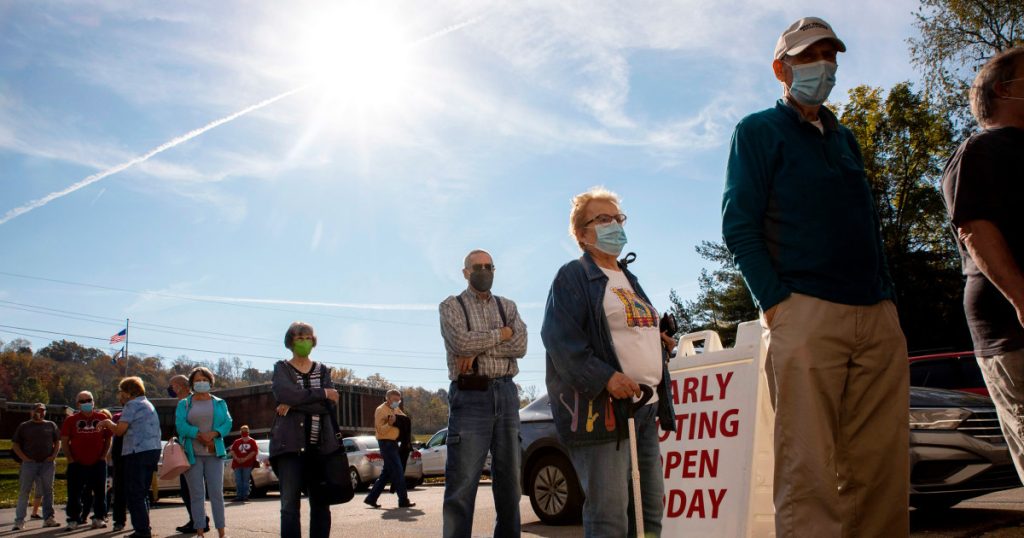Over the last three decades, West Virginia has consistently had a lower voter participation rate compared to the national average. Factors such as the state’s narrow job market and the influence of coal, oil, and gas industries on its economy have contributed to this trend. With only 55% of the employable population working or actively seeking work, West Virginia has the lowest labor force participation rate in the country. This has led to a significant outflow of working-age people from the state, resulting in a population that skews older. The lack of job opportunities and pessimism about the state’s future have also contributed to voter apathy among young residents.
West Virginia has historically voted Republican since 2000, with an increasing share of ballots cast for conservative candidates. The lack of competition in elections, as well as the upcoming retirement of Democratic Sen. Joe Manchin, further reduces political diversity in the state. Organizations like the West Virginia Citizen Action Group are mobilizing efforts to encourage young voters to participate in the upcoming elections. Many young voters in the state have expressed a loss of faith in the political system, feeling that their voices do not matter. By educating potential voters and reaching out at events and festivals, advocacy groups aim to increase voter turnout and emphasize the importance of civic engagement.
State policies in West Virginia, such as the purging of inactive voters from voter rolls, have further exacerbated the challenge of low voter participation. Since 2017, 400,000 voters have been purged from the state’s rolls, with a proposed bill aiming to shorten the timeline for purging inactive voters even further. Environmental activist Junior Walk, who has decided not to vote in the upcoming election, highlights the disillusionment many young voters feel towards politicians who are perceived to prioritize the interests of industries like coal over the well-being of communities. Walk’s focus on local environmental activism reflects a belief in direct action as a means to create positive change, rather than relying on electoral politics.
Advocacy groups like Conservation West Virginia are focusing on educating voters about climate change and highlighting candidates with strong environmental platforms. Despite the challenges of voter apathy and disillusionment among young residents, efforts are being made to engage and inform voters about issues that impact their lives. By raising awareness about the climate crisis and the importance of voting, organizations hope to increase voter turnout and make a difference in the upcoming elections. Ultimately, the hope is that by providing information and resources, voters in West Virginia may feel inspired to participate in the democratic process and have their voices heard.


